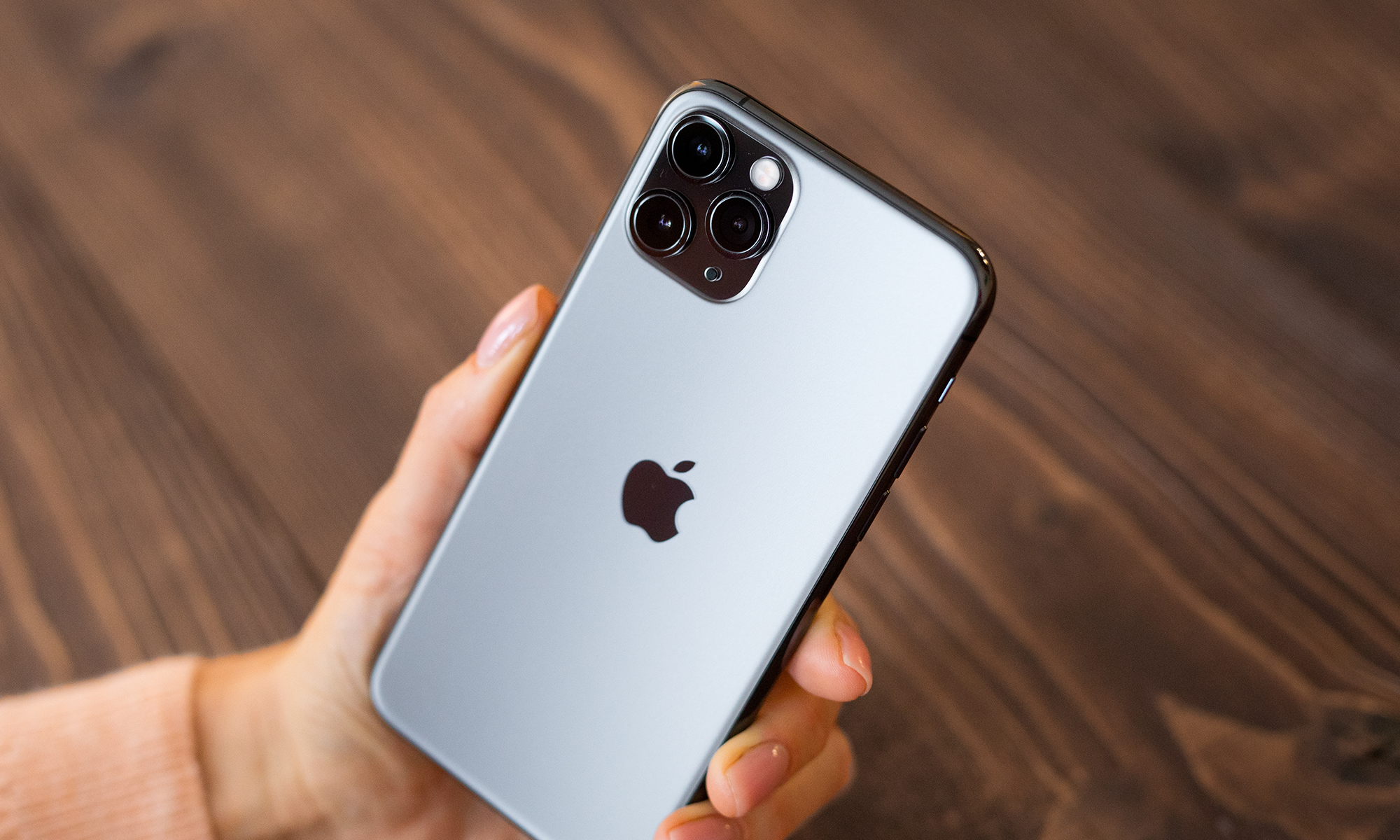Historically, Apple (AAPL +2.97%) has had no problem cannibalizing its own products -- the iPhone basically destroyed the iPod, while Mac sales may have otherwise been higher had the iPad never been released.
Is Apple about to do it again? According to reports from a number of sources, including The Wall Street Journal and the Nikkei, Apple plans to increase the screen size of the standard iPhone to 4.7 inches (from 4 inches) while simultaneously introducing a new 5.5-inch iPhone later this year.
While critics have long been clamoring for a larger iPhone, the release of which could trigger a massive upgrade cycle, not all of Apple's business should benefit. In particular, the iPad Mini could face heavy cannibalization, as buyers of these larger phones find little use for the small tablets.
IDC warns of cannibalization
Back in December, in a report that was somewhat negative about the future of tablets, research firm IDC warned that small tablets stood to suffer from the growing popularity of larger phones. IDC was particularly concerned about this trend in emerging markets, where consumers were already showing signs of purchasing a larger phone instead of a tablet.
This observation is somewhat intuitive. If your smartphone has a screen that's large enough to adequately browse the Internet, play games, and watch videos, do you also need a tablet? While the iPad offers a slightly different selection of apps, at its core it offers the same experience as the iPhone -- just with a larger screen.
The iPad Mini's ability to cannibalize sales of the full-size iPad is well-established -- last year, NPD noted a dramatic drop in shipments of 9.7-inch tablet panels, while shipments of smaller panels grew markedly. In the quarter after its introduction, Gartner estimated that the iPad Mini accounted for 60% of total iPad sales -- up from literally nothing.
The death of the iPad or an opportunity?
With the iPad Mini now making up the bulk of Apple's tablet sales, will the iPhone 6 devastate the iPad business? Apple analyst Gene Munster believes that while a larger iPhone would weigh on sales of the iPad Mini, the ultimate effect would be neutral.
According to Munster, owners of these larger iPhones might have little need for a small iPad, but their demand for the larger iPad Air would remain unchanged. In fact, they may choose to purchase an iPad Air when they would've otherwise purchased a Mini -- to Apple's benefit, given that its full-size iPad offers better margins.
A lack of clarity
That sounds reasonable, but at this point there's simply no way to know. In emerging markets, buyers are likely more constrained by their budgets than anything else, opting for a phablet as the ideal all-purpose computing device.
In developed economies, the tablet-purchasing behavior of phablet owners hasn't been analyzed -- and even if it had been, the conclusions would hardly apply to Apple's customers. With the exception of a handful of Lumia 1520 owners, all phablet owners must be Android OS users. Until recently, quality, full-size Android tablets were few and far between (some major Android OEMs, like HTC, don't make any tablets at all).
A necessary risk
The release of a larger iPhone carriers a very real risk: A customer who otherwise would've purchased two devices from Apple (an iPhone and iPad) purchases only a single device (a larger iPhone), in the process devastating the company's iPad business. Whether that ultimately plays out or not remains to be seen. Unfortunately, there doesn't appear to be enough information at this point to say one way or the other.
It's a risk worth taking. Given the growing popularity of larger smartphones, something Apple is well aware of, a larger iPhone is necessary. As a percentage of Apple's total sales, the iPad pales in comparison to the iPhone, generating only about one-third as much revenue. With a larger iPhone potentially weighing on the iPad even further, the idea that the iPad could one day overtake the iPhone in total sales (an idea once commonly floated) seems increasingly unlikely.






